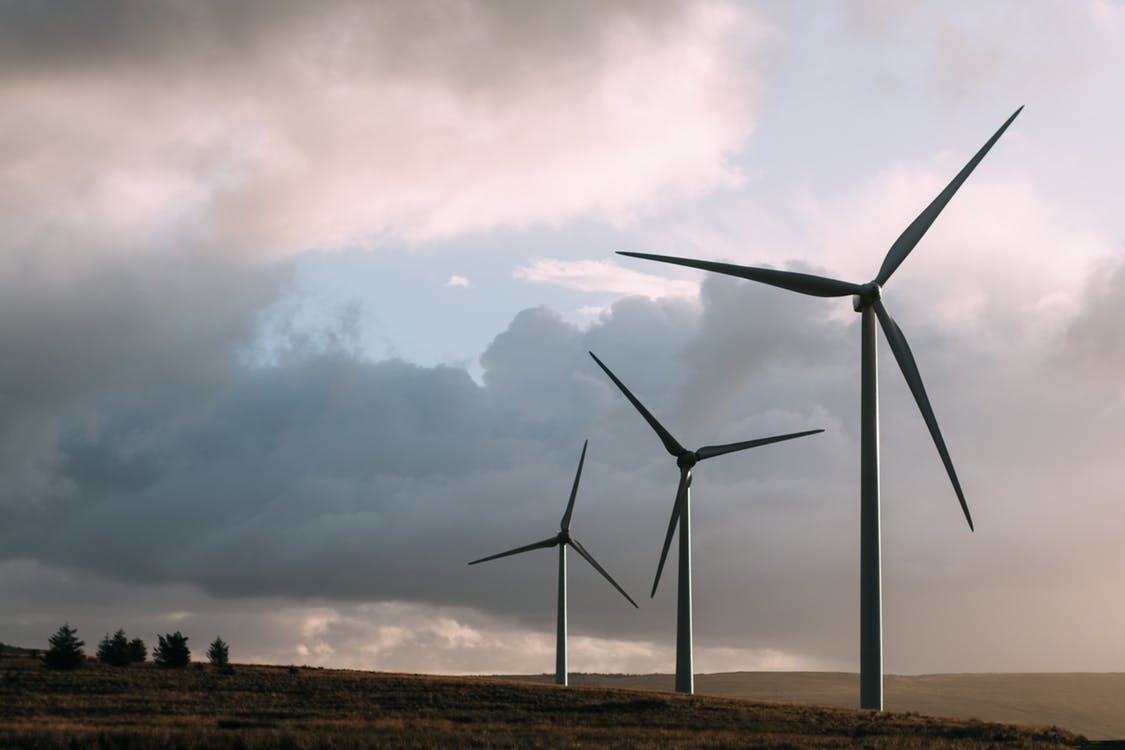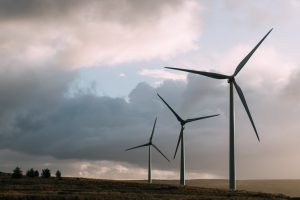Jobs in the renewable energy space surged to 11.5 million globally in 2019, according to new figures from the International Renewable Energy Agency (IRENA).
It notes that according to the UK National Grid Net Zero Energy Workforce Report, the UK’s energy sector workforce employs 144,000 people directly.
Of these, some 44,100 people are employed in the wind sector, with clusters of employment in London – where about a third of the workforce is based – the north of England and Scotland.
Like many other countries, women make up a disproportionately small segment of this workforce, accounting for just 12% of engineers.
Worldwide, the largest employer by technology is solar PV, with employment in the sector increasing by 4% to reach 3.8 million jobs in 2019. This is dominated by Asian countries, with 55GW of the 97GW installed in 2019 installed in Asia, followed by 19GW in Europe. China alone accounts for 59% of jobs in the solar sector.
In the wind sector, the levels of employment remained steady in 2019, with 1.17 million people worldwide employed in onshore and offshore wind. The geographical spread for wind power is wider than for solar PV, with the UK coming in fifth in terms of job creation in the sector.
In Europe specifically, the wind sector accounts for 37% of the countries’ renewable energy jobs, with the technology having the third-largest generation capacity.
Worldwide, there was 54GW of onshore capacity added in 2019, IRENA notes, bringing the total installed capacity to 594.GW. Installed offshore capacity increased by 4.7GW to a total of 28GW.
In the UK, wind generation records have continued to tumble, with strong winds helping to keep coal off the country’s grid for 55 days earlier in 2020.
Biofuels employed an estimated 2.5 million in 2019 – predominantly in agricultural roles – while solar heating and cooling employed 823,300 people and hydropower approximately 1.93 million worldwide.
The ability of the renewables sector to create jobs is particularly important as the world looks to recover from the COVID-19 pandemic.
“If countries now focus on supercharging the energy transition, many more such benefits are attainable,” wrote Francesco La Camera, director general of IRENA, in the introduction to the report.
Read more: Current

